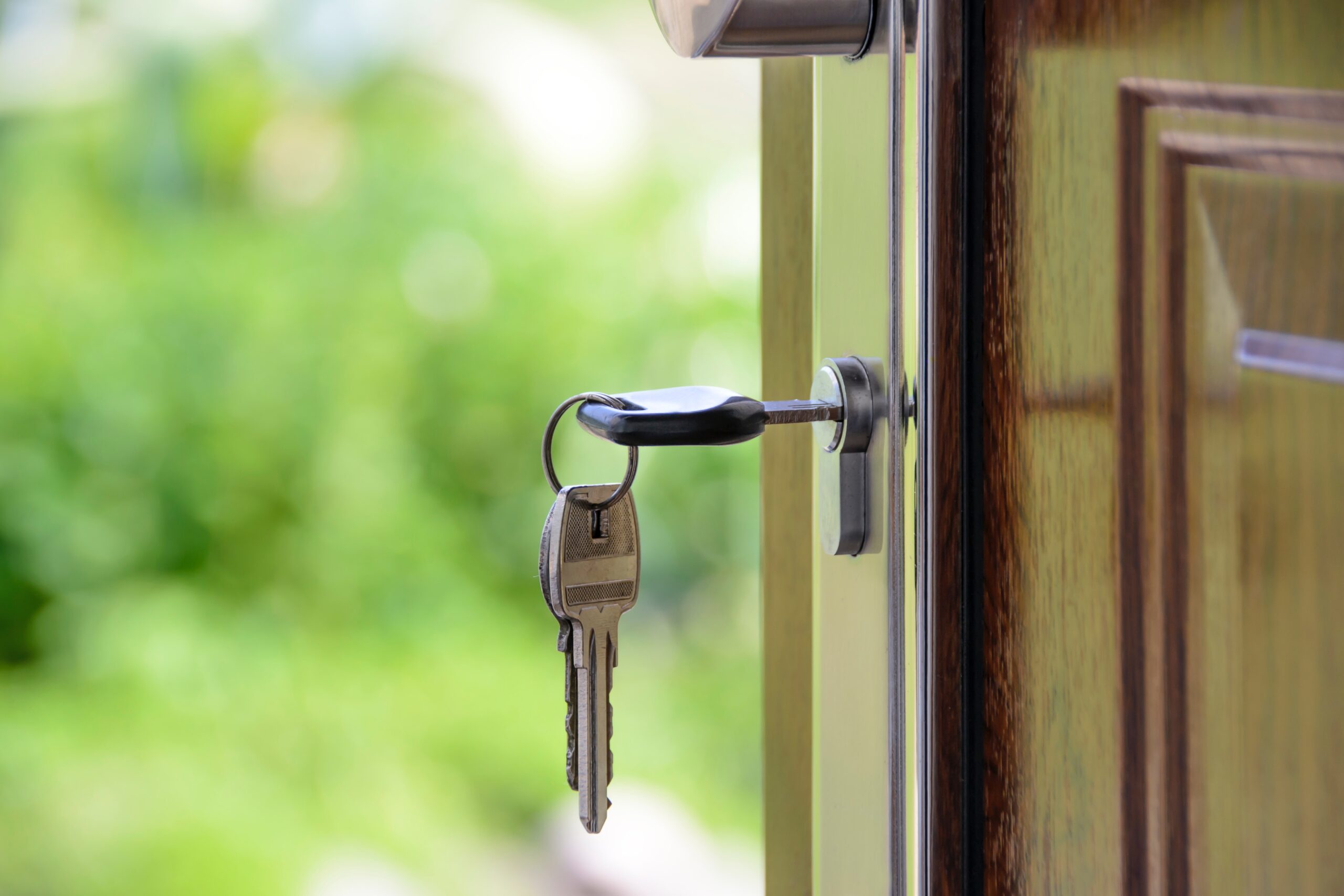State Lawmakers Advance Bill To Prevent Short-Term Rental Bans, Restrictions

Several Georgia counties, including Forsyth, Morgan and Greene have effectively banned short-term rental properties.
Pexels
Georgia state lawmakers are moving forward with a bill to prevent bans and targeted regulation of short-term rental properties like Airbnbs.
Republican State Representative Kasey Carpenter is sponsoring the bill, which passed out of a House subcommittee Monday.
“To put onerous regulations on [short-term rentals], to me, just doesn’t make sense,” he said. “I understand the problems. There have been some problem areas. But to mandate that on all properties, you’re allowing the bad apples to mess up the whole bunch of them.”
Carpenter proposes to allow regulations, as long as they are applied equally on all residential properties, short-term, long-term, or neither.
Several Georgia counties, including Forsyth, Morgan and Greene have effectively banned short-term rental properties, and many others are considering them, Carpenter said.
“What’s happened is they’re not calling them bans, they’re just zoning them out or over-regulating them,” he said of short-term rental properties.
“It comes all back around to business and where is it appropriate. And that needs to be a local decision,” said Michael McPherson, a lobbyist with the Georgia Municipal Association, who testified against the bill.
“You’ve got areas that are zoned residential. People when they move into these areas they anticipate their neighbors will be people who will be buying houses or renting long term,” said Tom Gehl, another lobbyist with the group.
“But when you have transient populations who are coming and going, where you don’t know the people who they are, you could potentially have situations like, whether its the party house, or its the underground crystal meth lab, or some other nefarious activity.” Localities should be able to add regulations to dissuade that kind of activity, he said.
Carpenter pointed out that the state recently passed a marketplace facilitator bill, to compel entities like Airbnb to collect sales tax.
“I think it’s only fair, if you’re going to start collecting the revenue, you need to stop banning and over-regulating these to the point that people aren’t able to pay their mortgage,” he said.
Terry Crouch is one such person. He purchased a cabin on Lake Oconee in Greene County in 2015, intending to defray costs with short-term rental revenue. Since 2018, thanks to new county regulations, he’s had to forgo $20,000 annually in revenue.
“I have a mortgage to pay,” he said. “This is pretty serious business. I encourage you to give us some relief.”
Carpenter called local bans and targeted regulations a “direct attack on personal property rights.”
“If you’re in a residential area, are private property rights more important than your neighbor’s property rights when it comes to potentially having people come in and out?” said Gehl. “Where you could have such frequent turnarounds to where these investor-owned homes are popping up in neighborhoods and all they’re doing is just churning people in and out?”
Carpenter said nuisance violations, that are often the subject of complaints, can already be enforced by existing local codes, without adding on targeted regulation.
Ken Heyman testified in committee and said in his “very affluent neighborhood” in Forsyth County on Lake Lanier his renters, often from Atlanta, “offended” his neighbors. “The kind of music they listen to was mentioned several times,” he said of the discussion before regulations were passed.
Republican Representative Bruce Williamson and said these targeted regulations could be a slippery slope towards discrimination, and based on Heyman’s story, could leave room for racism “which is blatantly illegal under federal law.”
“What are we trying to solve, if it’s not, as has been referenced, something that couldn’t already be cleared up by better code enforcement? Otherwise, it’s taking of private property rights,” he said.








